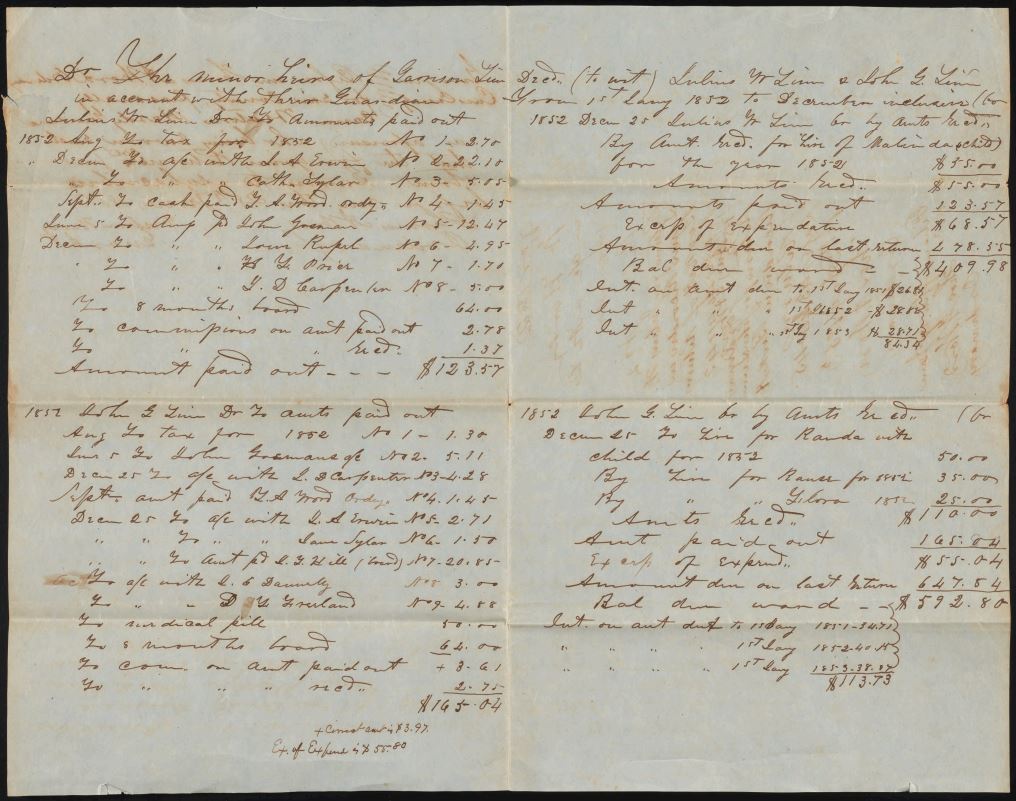“This unique project shone a light on the special men and women who sacrificed themselves for all Americans and continues to be a
valuable historical resource for researchers, family, and friends of the veterans.”
Aug. 15, 2019
CONTACT: Deborah Hakes, dhakes@georgialibraries.org
ATLANTA — Video recorded recollections from 50 World War II veterans originally from the Bainbridge, GA, area are now available online through YouTube and the Digital Library of Georgia. The interviews, which were originally captured on VHS and VHS-C tapes, were digitized as part of a summer student practicum program sponsored by Georgia HomePLACE, a unit of the Georgia Public Library Service, the Southwest Georgia Regional Library System, and the Clayton State University Master of Archival Studies program.
The interviews preserve the experiences and history of WWII veterans and provide insight into the cultural and societal values in America between 1939-1945. The majority of veterans interviewed for the project have since passed away, making preservation all the more crucial.
“This unique project shone a light on the special men and women who sacrificed themselves for all Americans and continues to be a valuable historical resource for researchers, family, and friends of the veterans,” says Library Director Susan Whittle. “Responding to a request from an older community resident, SWGRL librarians & historians interviewed and videotaped many of the area’s “Greatest Generation” to share their war experiences and preserve them for posterity in our library and archives.”
The World War II Veterans Project was an oral history initiative conducted by the Southwest Georgia Regional Library System from 1998-2008 with funding from The Thomas M. and Irene B. Kirbo Charitable Trust. In 2002, the library received a National Award for Library Service from the Institute for Museum and Library Services, partly in recognition of the project’s success.
In order to preserve and improve access to these oral histories, the analog interviews were described, digitized, and uploaded to YouTube. They are additionally searchable within the Digital Library of Georgia. On average, each recording lasts 30 to 40 minutes and chronicles the interviewee’s age when drafted or enlisted, the branch of service, and training. Interviewees recount the nature of their assignments and duties, and often the weapons or artillery used, the transport ships, trucks, trains, and planes; the countries in which they were stationed; and where applicable, the major battles in which they participated.
Joshua Kitchens, Director of the Master of Archival Studies program at Clayton State, says, “Outside-of-the-classroom experiences, such as working with Georgia HomePLACE, help our students apply the knowledge and skills they’ve accumulated in their course work. It is invaluable that our students have these types of opportunities to gain firsthand experience. Partnerships like these also help our students give back to the larger community of institutions preserving Georgia’s memory.”
####
Georgia HomePLACE encourages public libraries and related institutions across the state to participate in the Digital Library of Georgia. HomePLACE offers a highly collaborative model for digitizing primary source collections related to local history and genealogy. HomePLACE is a project of the Georgia Public Library Service, a unit of the Board of Regents of the University System of Georgia. HomePLACE is supported with federal Library Services and Technology Act funds administered by the Institute of Museum and Library Services through the Georgia Public Library Service.
The Clayton State University’s Master of Archival Studies (MAS) program prepares professionals for careers in government, businesses, and collecting archives. The program emphasizes digital archives and electronic records. Because the program concentrates on archives and records, it offers a more in-depth study than students would receive in a library, information science, or public history program. Its innovative blend of traditional archival knowledge with information technology responds to the need for professionals who understand contemporary records and record-keeping systems.
The Southwest Georgia Regional Library System serves the residents of Decatur, Miller, and Seminole Counties. The library system houses books, audiovisual materials, computers, genealogical resources, and more to serve the needs of the residents of the area. The Southwest Georgia Library for Accessible Services provides materials for blind and physically handicapped persons and serves a 22 county region in Southwest Georgia. We strive to provide the collections, reference services, and events that best serve the members of our community.


